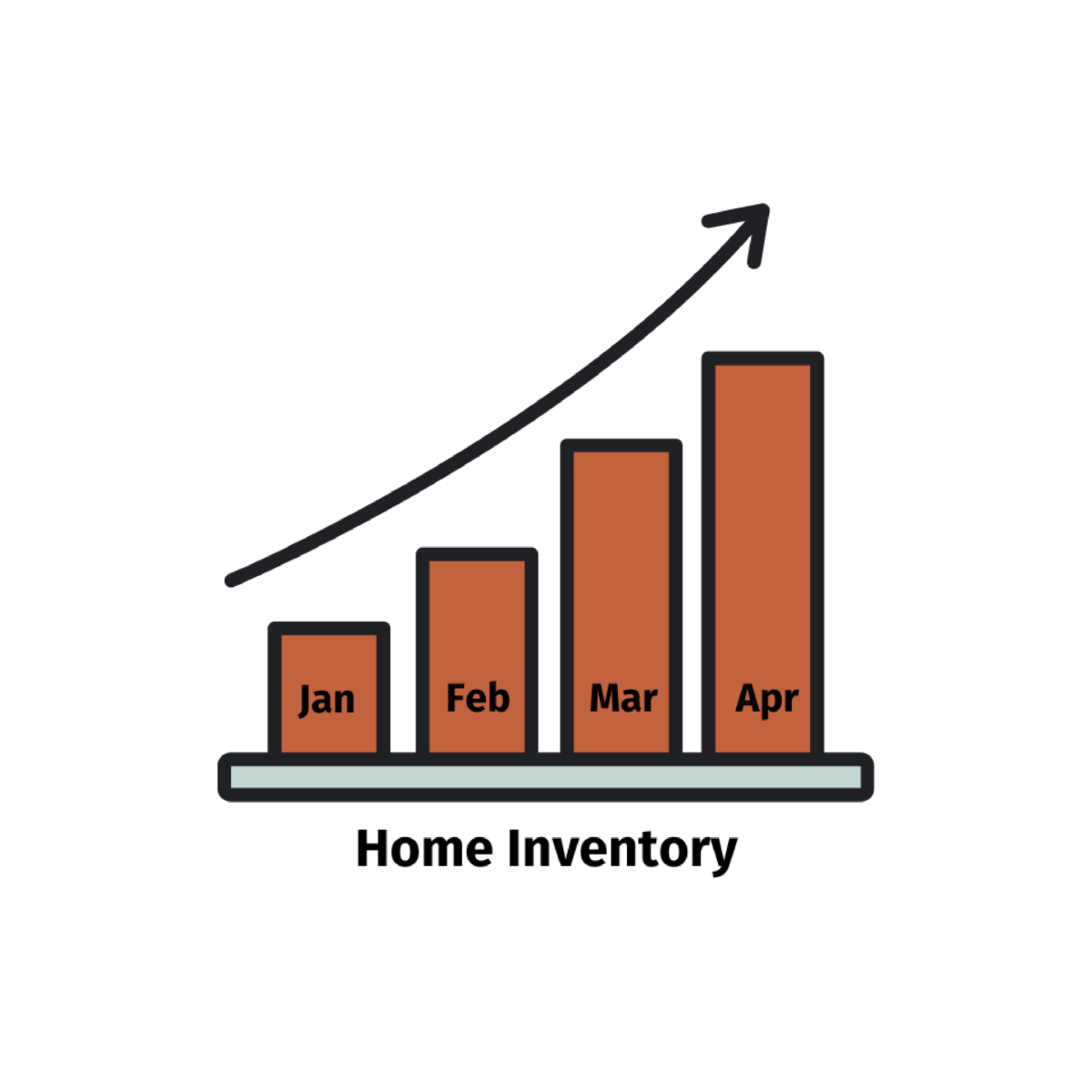NEXT STORY
New Section 8 Regulations: Essential Information for Landlords
Section 8 housing plays an important role in providing affordable housing options for low-income individuals…
As of October, most protections in place for tenants affected by Covid-19 have expired. The California state legislature did pass AB 2179 at the end of March, which extended protections for tenants if they had applied for rental assistance before March 31, 2022. This bill has little effect on the vast majority of our owners. More information about AB 2179 can be found here.
We want to thank all of our landlords for working with us and your tenants to get through this very difficult time. Our default rate was less than 1% and we still have no pending evictions. Working to keep tenants in homes throughout the pandemic was absolutely the right thing to do and we appreciate all your efforts.
We see new challenges for the rental market in the coming months and we wanted to inform landlords about what we are experiencing. As always, the information reported on by the media relating to the rental market can be misleading, incorrect, or sensationalized. We think it is important to supply our clients with honest and reliable information concerning their investment properties.
Rental inventory has dramatically increased in the last six months with some cities seeing almost triple the number of available rentals as the same time last year. With inflation on the rise, people are moving their money into tangible assets which include investment properties. Judging by what we have seen so far this year, we do not expect inventory to shrink. We predict that it will rise even more so by summer. Dan Ferguson is paying close attention to this because higher inventory naturally leads to lower prices. We will keep all clients up to date if we see this trend continuing.
Rental pricing has become our main focus over the past few months. To be blunt, pricing is all over the place, and to most people, there seems to be no rhyme or reason to it. We wanted to break down the three different pricing tiers and what they mean for your property.

The first is corporate pricing. These are mostly large apartment complexes with hundreds of units. Corporate ownership has a large amount of risk tolerance because at the end of the day, the bottom line on their spreadsheet must make sense. Corporate owners will rent to tenants with lower credit scores, offer flexible lease terms, accept co-signers, and offer move-ins with low-security deposits. In return, their monthly rental prices are higher because they are accepting more risk. While that works for them due to the number of units they own, it is not a good model for individual investors.
The second pricing tier is individual owners who are renting and managing their properties themselves. In our experience, most DIY landlords do not have a clear process in place for screening tenants, and they are willing to work with applicants for the sake of minimizing their vacancies. Their risk tolerance varies, but it usually is higher than it should be. They also tend to price their rentals based on their mortgage payment rather than current market rates. Their pricing is usually a little less than corporate pricing.
The last tier is pricing through management companies, including Ferguson Property Management. We have very rigorous qualifications thanks to our AppScore system; we don’t take co-signers or approve a lower quality of applicants with double deposits. We designed the AppScore system to minimize risk tolerance for our clients. With our strict standards comes more competitive rental pricing and the potential for longer vacancies. What also comes with our system is an almost zero percent eviction rate over thirteen years and a less than 1% tenant default rate during Covid-19. We truly believe that this is the best way to manage investment properties for most individual owners, and we have no plans to change it.
As always, all of us at Ferguson Property Management appreciate your continued business. We are very proud of the quality of owners and tenants that we work with and will continue to be optimistic for the year ahead.